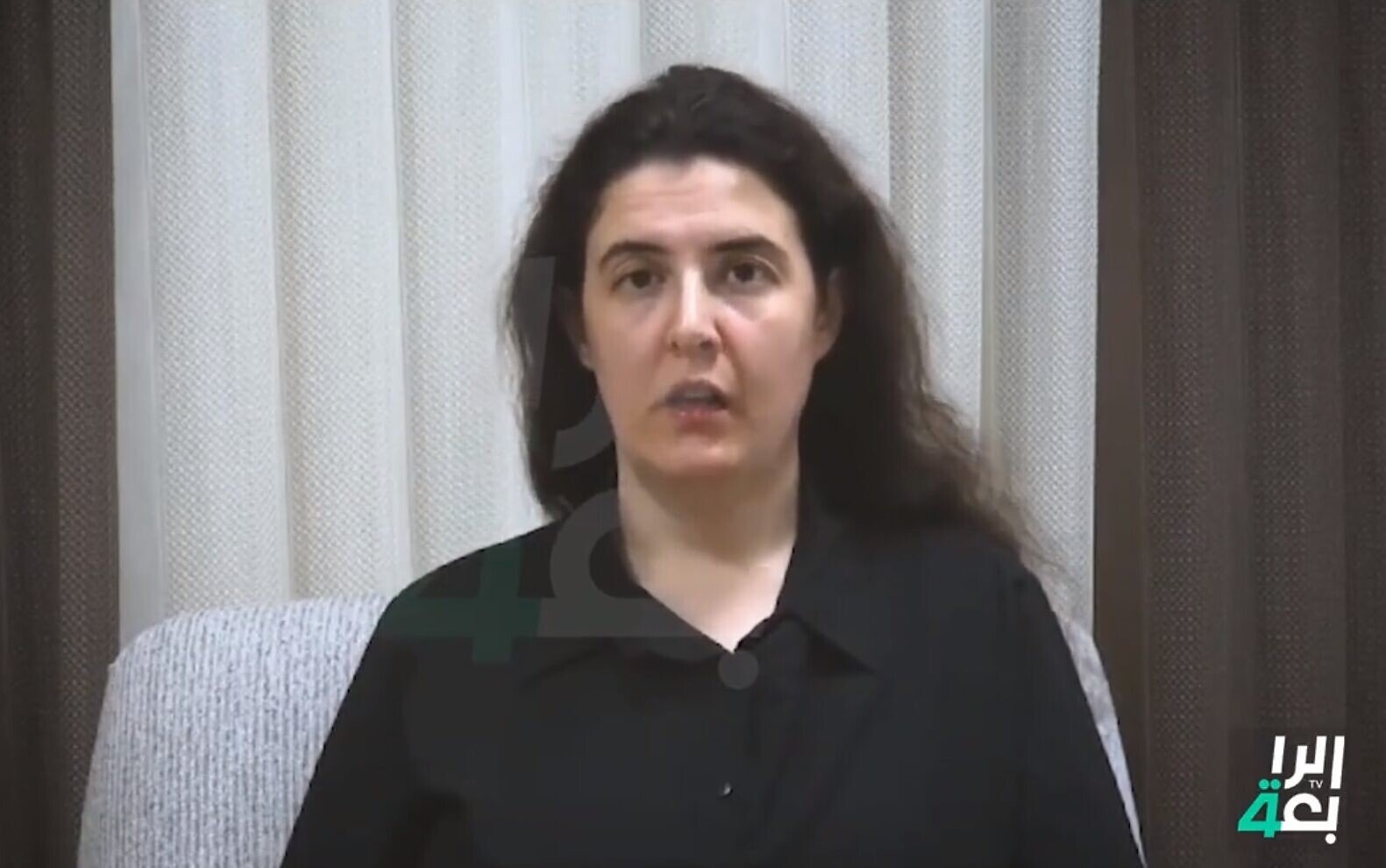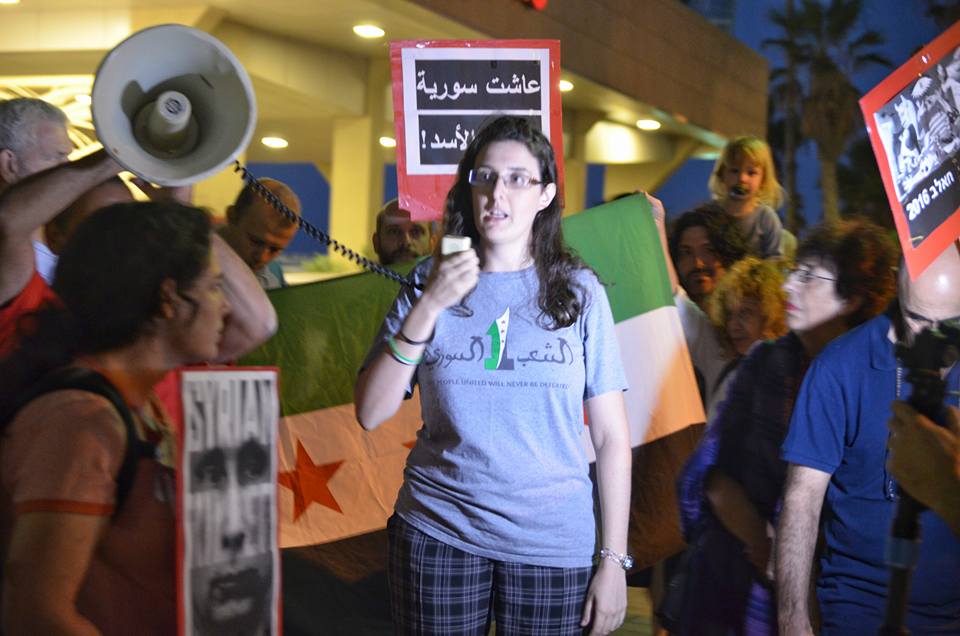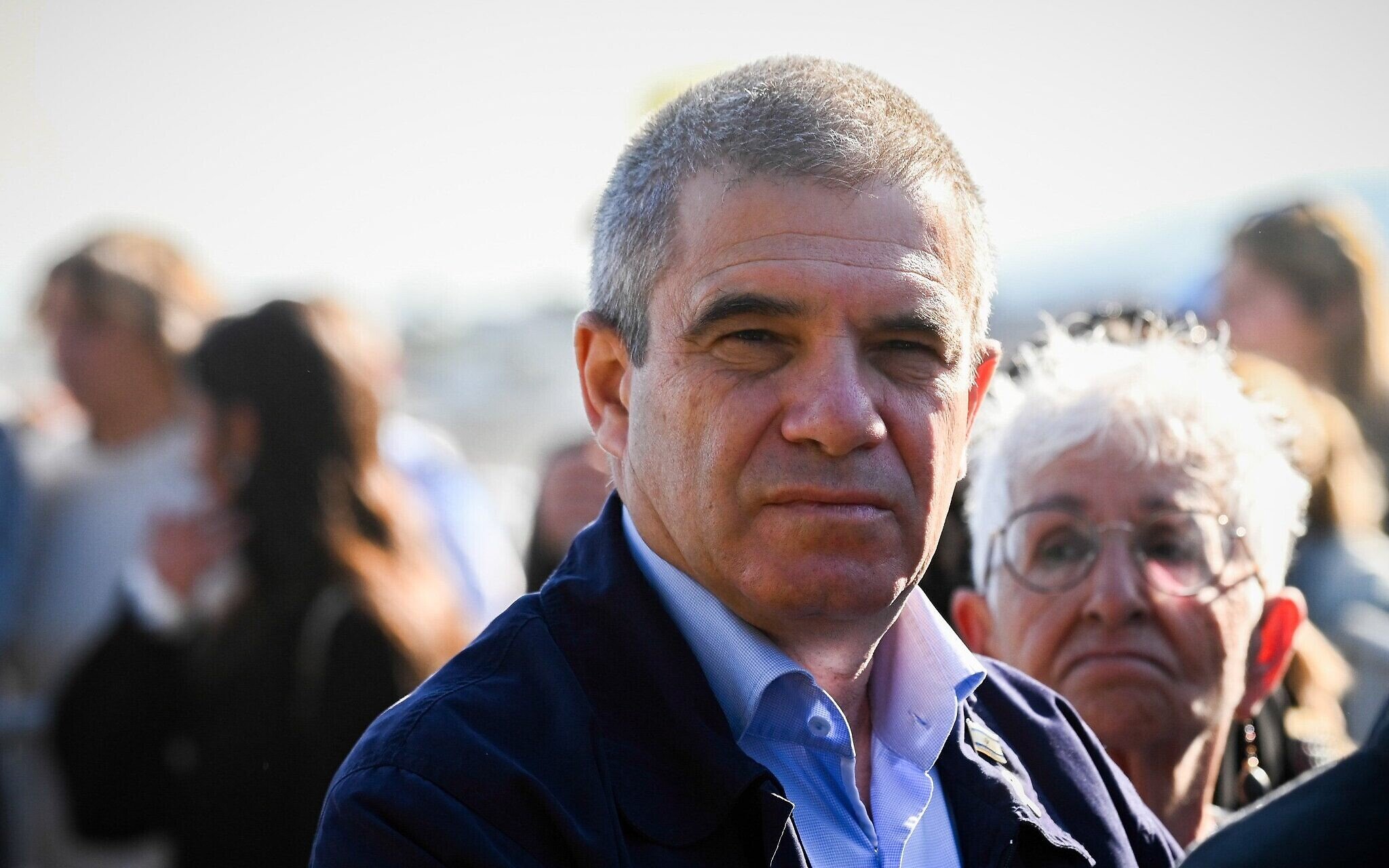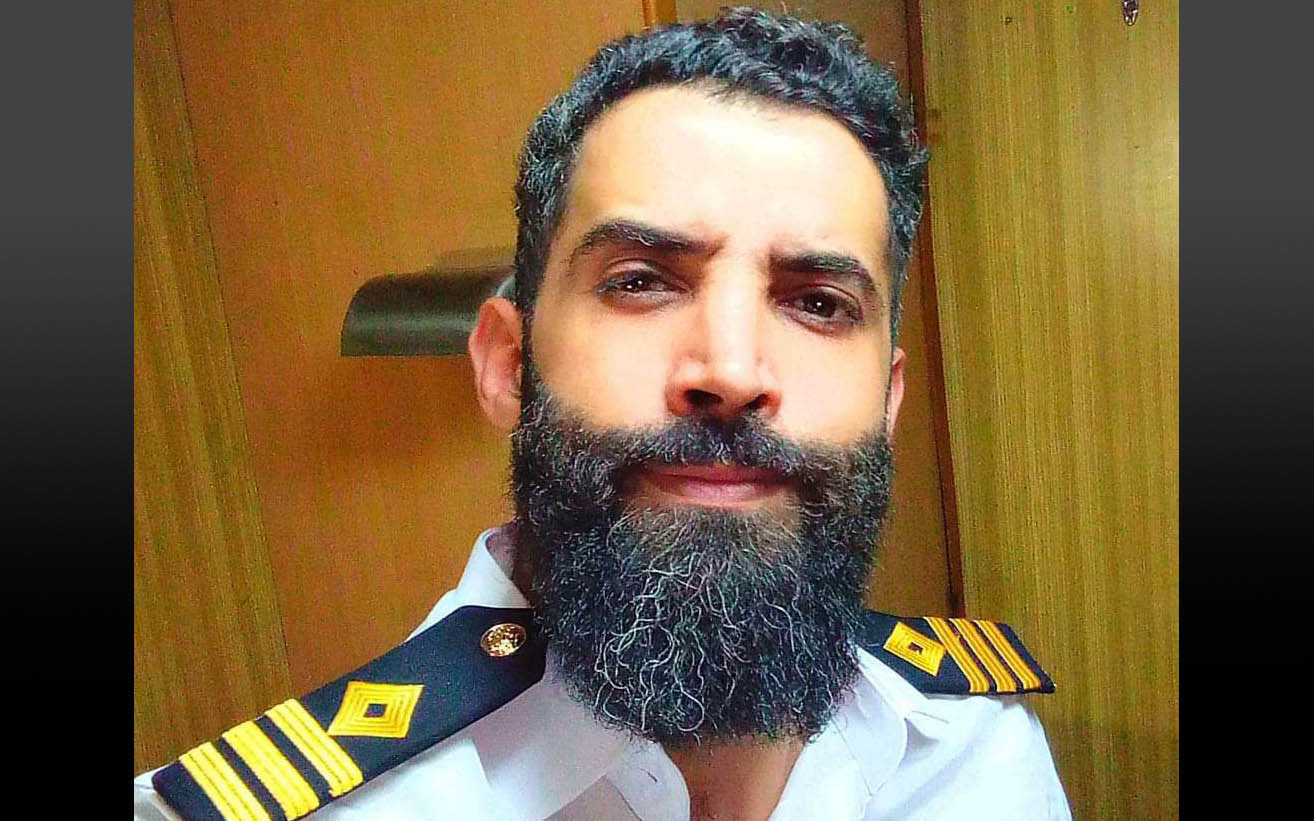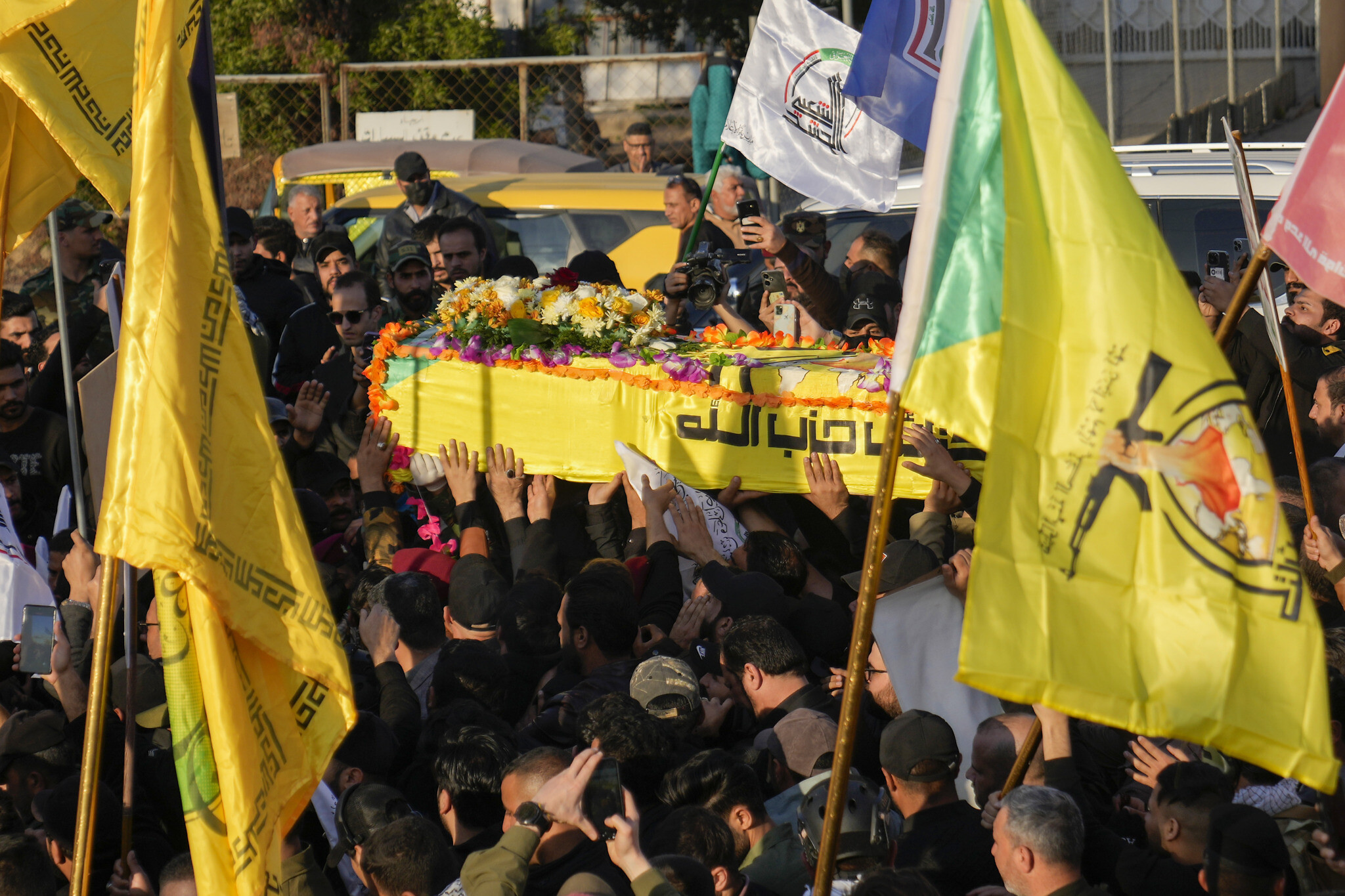

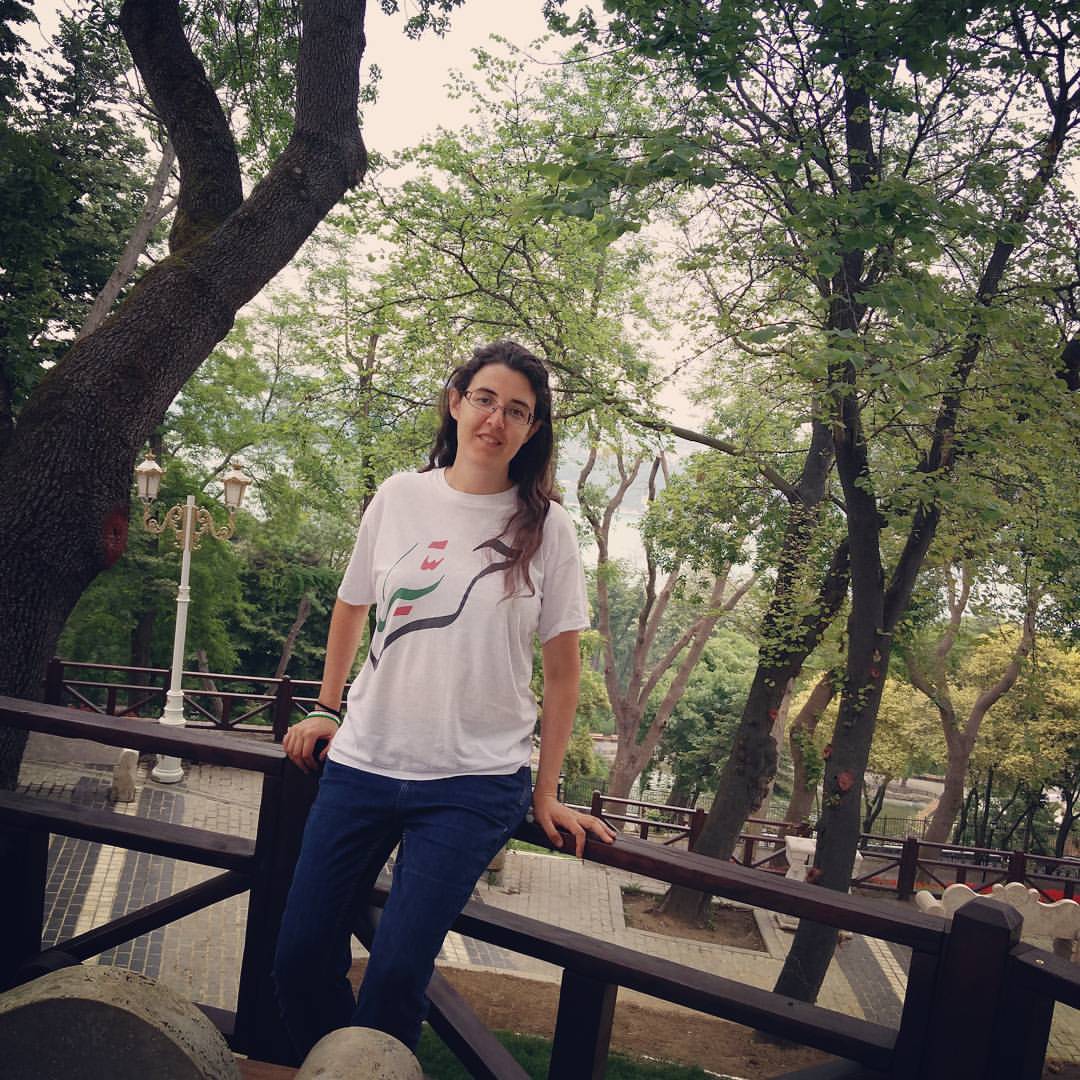
Freed Israeli hostage Elizabeth Tsurkov is expected to be flown to Israel on Wednesday afternoon, according to Hebrew media reports, and will be taken to the hospital in a protocol similar to the one for those returning from Hamas captivity in Gaza.
Tsurkov’s mother Irina, after receiving the news of her daughter’s release, told Army Radio: “I’m going crazy. It’s crazy joy, happiness. I’ve waited for this moment for almost two and a half years.”
The freed captive’s mother added that she “hopes all the families of our hostages get the same news” that she got telling her of her daughter’s release, “and that all the hostages are released soon.”
Tsurkov, an academic studying at Princeton University who also holds Russian citizenship, was kidnapped by the Kataeb Hezbollah militia while doing research in Iraq on March 21, 2023. The group, which is supported and funded by Iran, claimed she was spying for Israel, a charge that Israel and her family denied.
The researcher’s mother said that Kataeb Hezbollah’s four-minute video of Tsurkov in November 2023 was the only sign of life she had received from her daughter. “Since then, nothing. I haven’t received any update. Until now.”
“I know that [US President Donald] Trump himself, and the people around him, really worked very hard and made a lot of efforts to free her, and now is an opportunity for me to say ‘thank you, thank you,'” she said.
Asked what she wanted to first tell her daughter — with whom she hadn’t yet spoken, as of the interview — the elder Tsurkov said, “That I’ve waited so, so much for this moment; that I love her so, so much, and that I worried about her so much — everyone did, but me especially, of course.
“A mother’s feelings are something special, something strong,” she added, audibly struggling to breathe. “I’m so happy right now, wow. To the point that I can’t find words in any language to express my joy.”
Upon her return to Israel, Tsurkov, 38, will be taken to Sheba Hospital in Ramat Gan, according to the Ynet news site.
There, she will be treated with a similar protocol as hostages who have returned from the Gaza Strip, most of whom were abducted during the Hamas terror group’s October 7, 2023, attack in southern Israel, which started the ongoing war.
Those freed from captivity in Gaza have been hospitalized in special wards where they are able to reunite with family while gradually recuperating and undergoing various medical and mental health checkups.
Details of Tsurkov’s captivity have yet to emerge, though Trump wrote on social media, in his announcement of her release, that the academic was going free after “after being tortured for many months.”
Tsurkov was released to the US embassy in Baghdad on Tuesday.
A Channel 12 report, citing a senior American official, said that the embassy was surprised by her release, and called Washington to confirm approval for taking her in, since the researcher — unlike her sister, who lobbied for the US to demand her release — is not an American citizen.
“They got a phone call from the Iraqi security services, who asked, ‘Could we bring Elizabeth?’” the official said. The embassy immediately received a green light to take her in, according to the official, and she was there within the hour.
According to the official, Prime Minister Benjamin Netanyahu spoke with Trump after Tsurkov’s release and thanked him for his involvement in securing her freedom.
Netanyahu credited Tsurkov’s release to “teamwork led by Hostage and Missing Persons Coordinator Gal Hirsch, which lasted many long months and [included] great efforts.”
He added that Israel “will continue to fight with strength and determination until we bring all of our hostages back home — the living and the fallen alike,” referring to the 48 hostages still held by Palestinian terror groups in Gaza.
Hirsch issued a separate statement saying he had spoken with Tsurkov and that “during her captivity she was aware of and heard about our efforts to return her. This is a priceless moment.”
President Isaac Herzog wrote on X, in English: “I thank all those involved in bringing about Elizabeth’s release and everyone around the world and in Israel who fought for her freedom. Special thanks go to all the partners, and especially to US President Donald Trump for his commitment to securing her release.”
According to the Kan public broadcaster, Israel was not asked to make any concessions in exchange for Tsurkov’s release, the circumstances of which have remained murky.
A report by the Lebanese outlet al-Jadeed, however, said that in exchange for Tsurkov’s release, several Iraqi prisoners will be released and discussions will be held on the potential release of Hezbollah operative Imad Amhaz, whom Israeli commandos captured in November 2024 in northern Lebanon, as well as five other detainees, including Iranians.
Amhaz was considered to be a “significant source of knowledge” in the naval force of the Lebanese terror group (which is separate from the Iraqi militia that kidnapped Tsurkov, Kataeb Hezbollah, though their names are similar and they are generally aligned).
A source from Kataeb Hezbollah, speaking to AFP, claimed Tsurkov “was released according to conditions, the most important of which was to facilitate the withdrawal of US forces without a fight and to spare Iraq any conflicts or fighting.”
The US and Iraq had already announced that an anti-ISIS coalition would end its decade-long military mission in federal Iraq in 2025, and by September 2026 in the autonomous Kurdistan region in the country’s north.
Following the outbreak of the Gaza war, American forces in Iraq and neighboring Syria were repeatedly targeted by Kataeb Hezbollah and other pro-Iran groups.
The US has responded with heavy strikes on Tehran-linked targets, and the attacks have halted.
Asked on Army Radio whether Israel was in fact responsible for securing Tsurkov’s freedom — and not taking credit for an American achievement — Israel’s Ambassador to the UN Danny Danon said: “Certainly, we were involved in different efforts — not alone, with other partners — but the issue was at the top of our priorities.”
Asked whether Israel, for example, had given any guarantees it would not go after Kataeb Hezbollah leaders, Danon responded: “I don’t know,” then added: “But even if I did, I imagine I wouldn’t tell you.”


